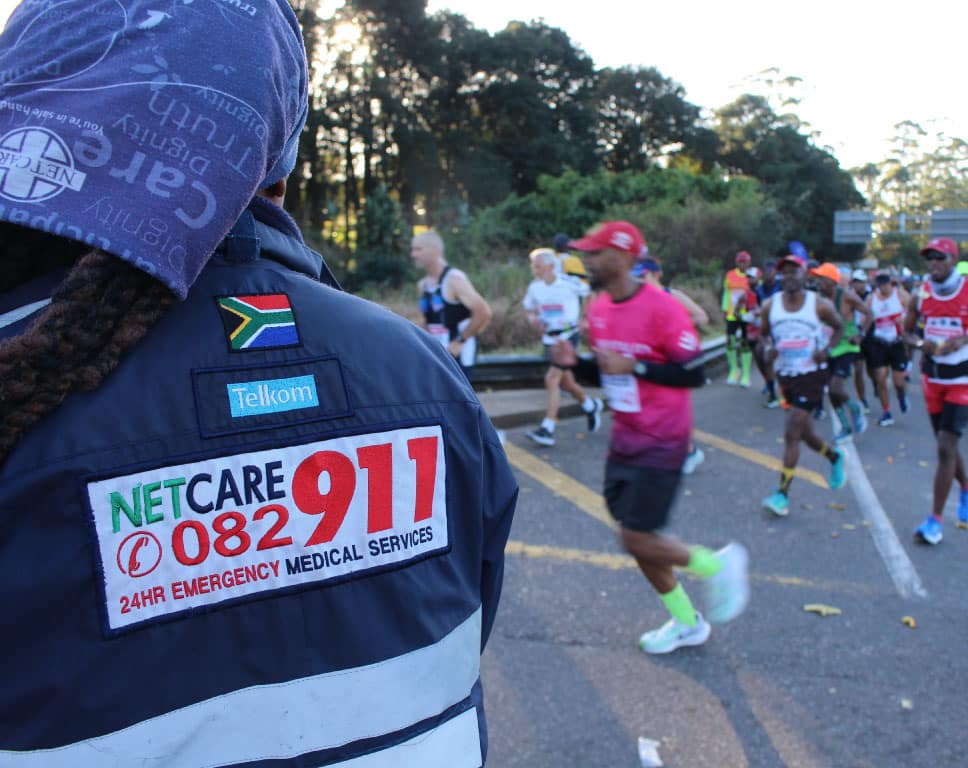The best gains in sporting performance are realised when an athlete adheres to a well planned and properly periodised training program with consistency and commitment.
These plans will have sufficient periods of active rest, recovery and reduced training volumes to ensure the proper adaptations to training can occur, but many athletes tend to caught up in trying to squeeze in extra sessions, even on recovery days.
While this “more is more” approach to training may seem sensible when we’re chasing PBs, the truth is that prolonged periods of intense exercise without adequate rest or suitable training periodisation often results in overtraining.
This condition can also occur if you suddenly increase your training volume, frequency and/or intensity, follow a monotonous training program or have an excessive bias towards certain high-intensity training methods and techniques. Stress and a sub-optimal nutritional programme, especially a protein deficiency, are also contributing factors.
Mild overtraining may require several days of rest or reduced activity to overcome, but recovery from severe overtraining, also known as overtraining syndrome, may require weeks to months of complete rest.
So, if you don’t want to miss that big race or take yourself completely out of action then make sure you avoid overtraining. Here are 5 signs that you’re overtraining:
1. Persistent illness
Overtraining is generally accompanied by frequent illness, especially upper respiratory tract infections (URTI). This is generally attributed to decreases in neutrophil function, serum and salivary immunoglobulin concentrations and natural killer cell numbers, as well as low plasma glutamine concentrations.
2. Reduced performance and an inability to progress
When you are in an overtrained state your ability to perform high intensity exercise is reduced. This usually presents as diminished power, endurance, strength and/or speed during an exercise session. Performance can also be impacted as an inability to concentrate is also closely associated with overtraining. You may also find that you are unable to add muscle, achieve training goals or improve your personal bests. This is because improvements in strength, size and fitness only occur during and after the rest period following hard training, through the process of supercompensation. This process can take days to complete, so without sufficient rest complete regeneration cannot occur. If this imbalance persists then your performance will eventually plateau and decline.
3. Changes in heart rate measurements
A sure-fire way to catch early signs of overtraining is to regularly measure your resting heart rate (RHR). Measuring your heart rate as soon as you wake up, before you get out of bed, and recording it will give you an indication of how well you are recovering. An increase in your RHR is generally considered to be a good indicator of overtraining. Other heart rate-related factors to watch out for include your recovery heart rate – the length of time it takes your heart rate to drop once an exercise session has ended – and a decrease in maximal heart rate. If your heart rate doesn’t drop at least 12 beats in the first minute after exercise, or if your heart rate exceeds 120 bpm after five minutes or 100 bpm after ten minutes then you may be overtrained. You may also experience reduced heart rate variability during training, which means you’ll find it hard to increase or decrease your heart rate with changes in workload. In severe cases heart palpitations may also occur.
4. Constant fatigue
The length of time it takes you to recover between exercise sessions or races will increase when you are overtrained. Athletes who are overtrained also experience persistently high levels of fatigue and other symptoms like prolonged muscle soreness.
5. Uncontrolled weight loss
In an overtrained state the body can become calorie-deficient, which means the rate at which the body breaks down fat stores and muscle for energy accelerates. Overtrained athletes also often experience a loss of appetite, which reduces calorie intake and creates an even bigger calorie deficit. This can lead to severe weight loss, which includes precious muscle, over a relatively short period of time. The body can remain in this catabolic state for a long time as circulating levels the of stress hormone cortisol increases during periods of overtraining.















